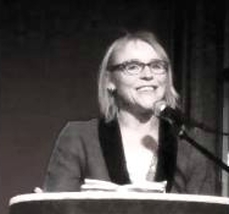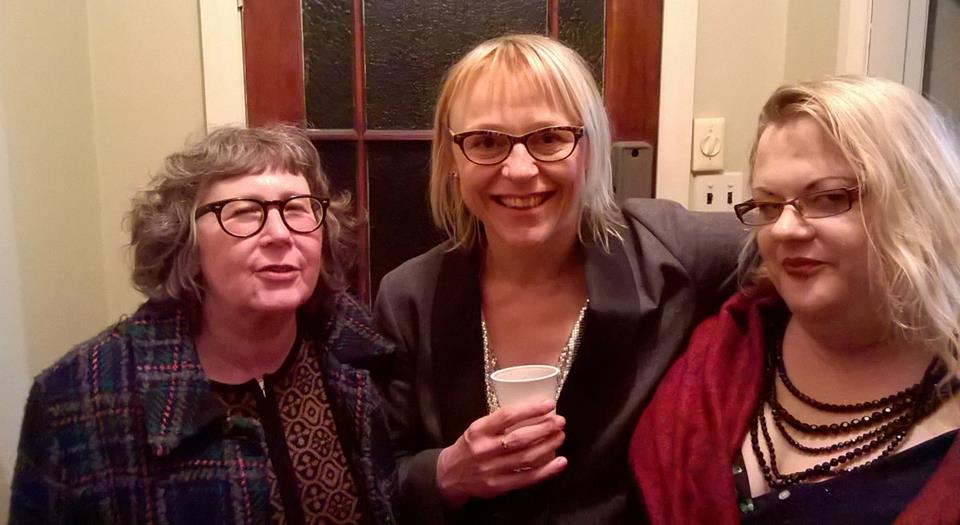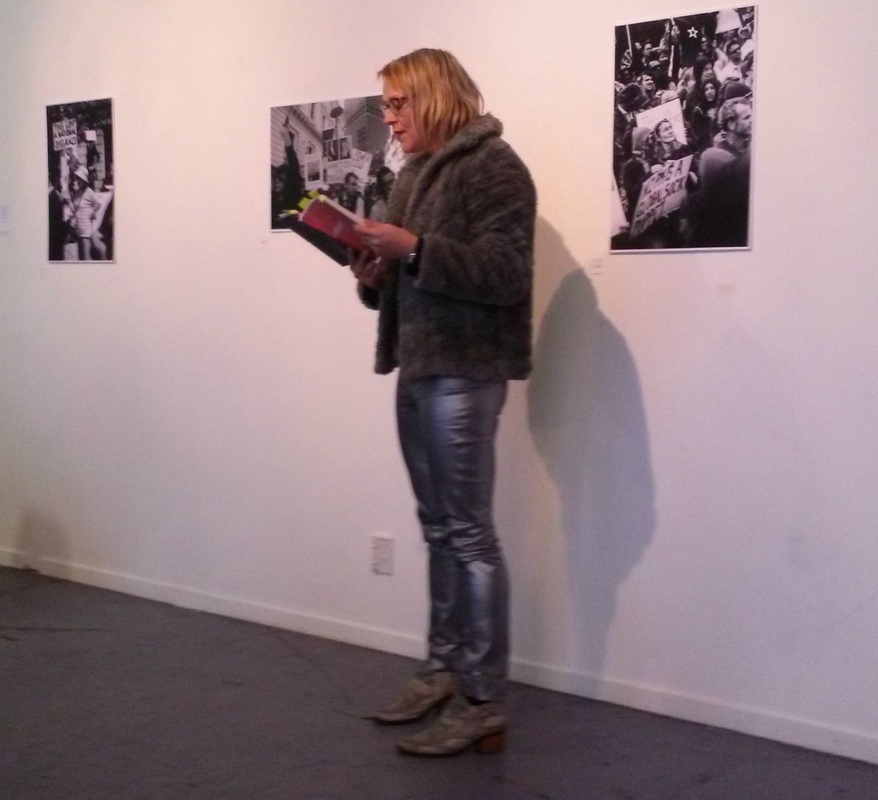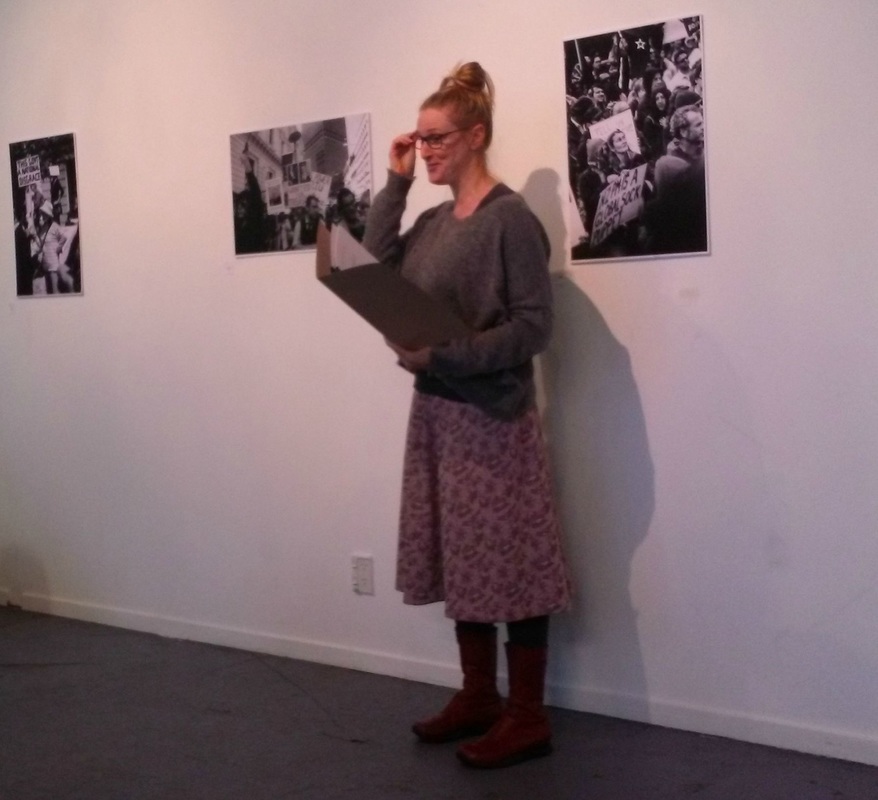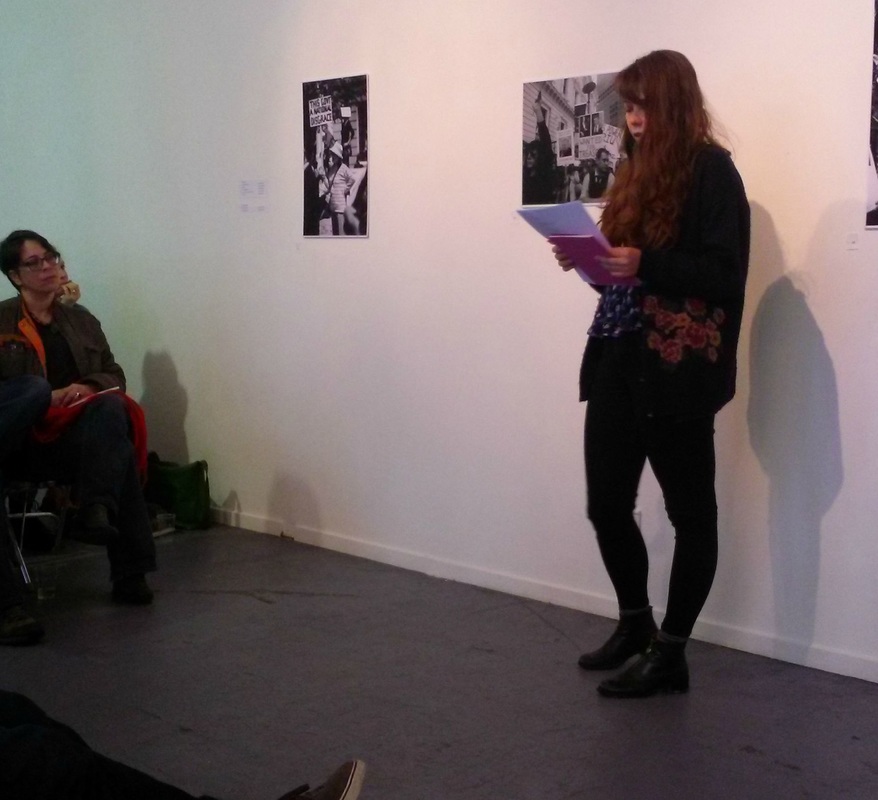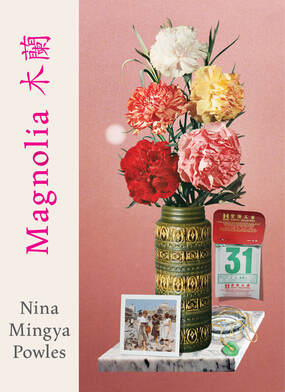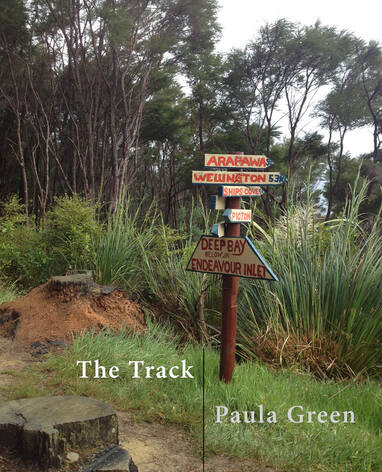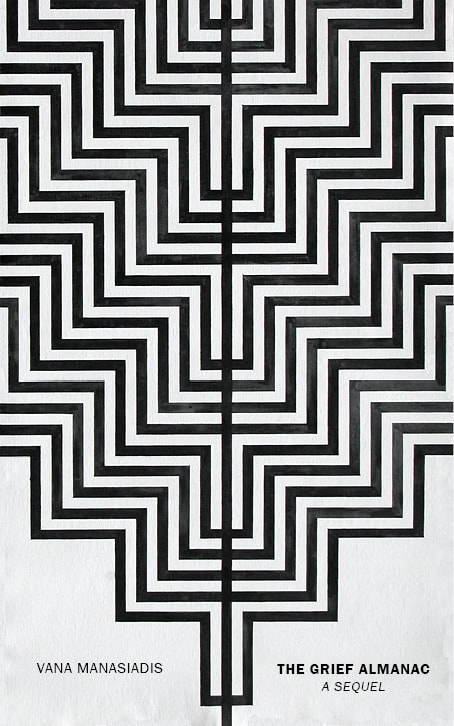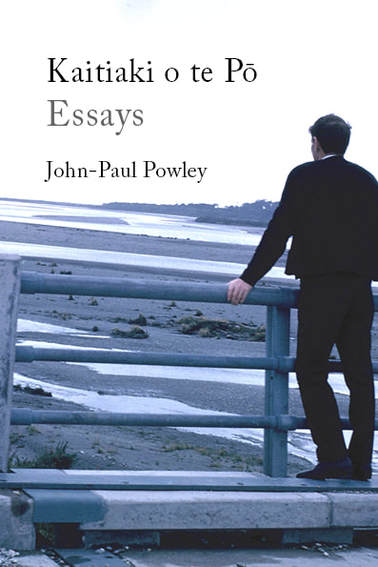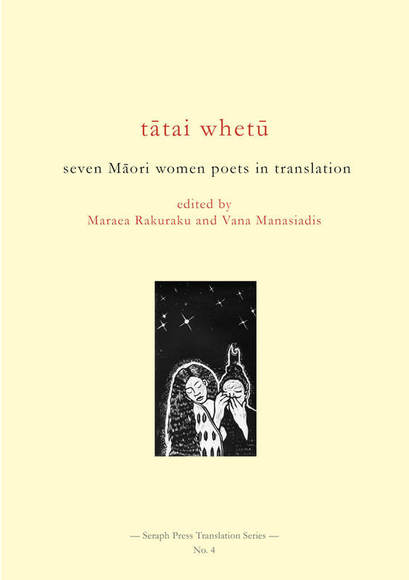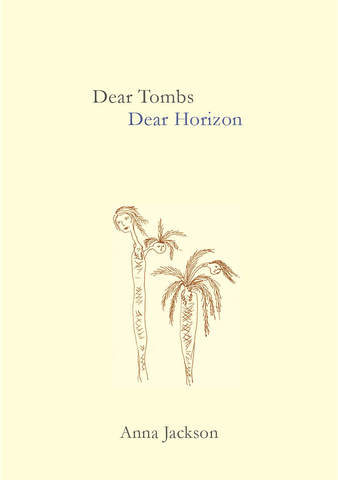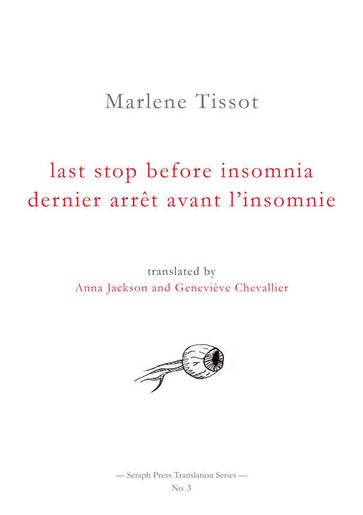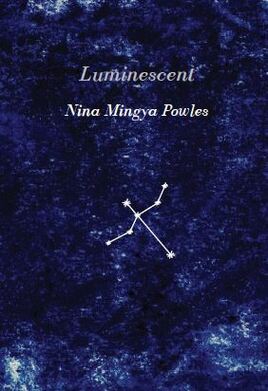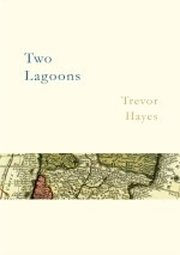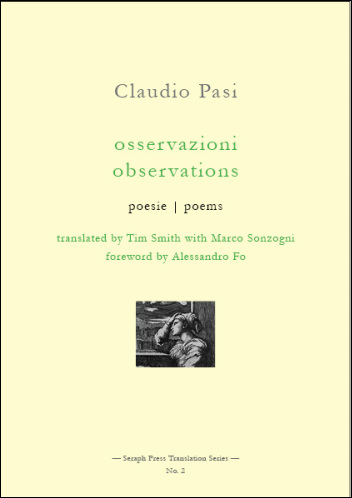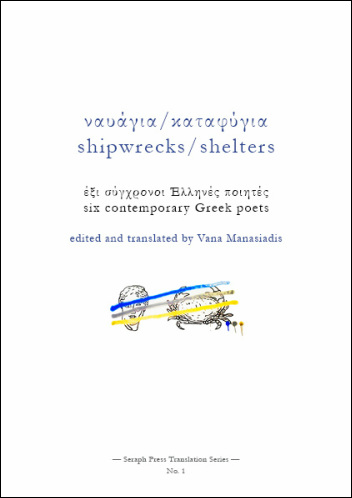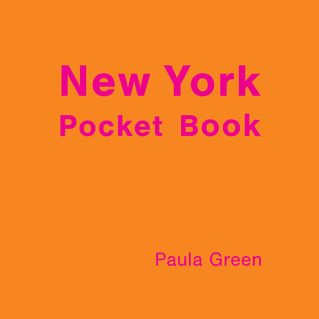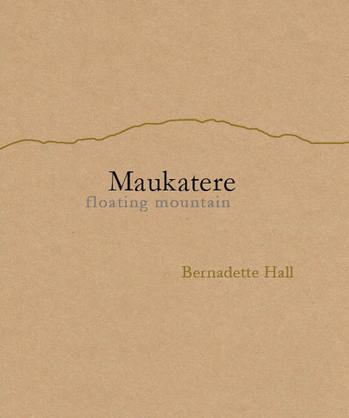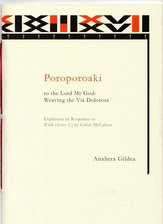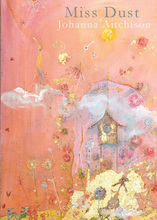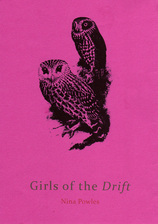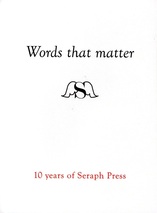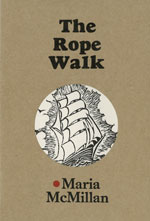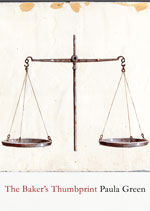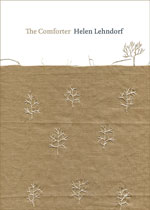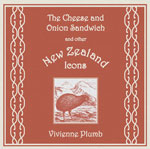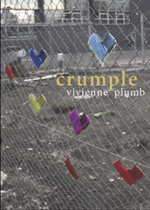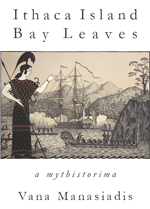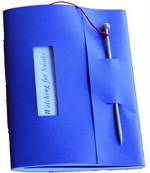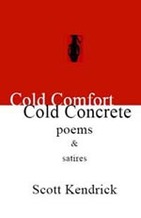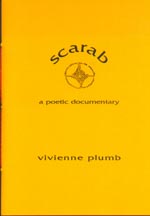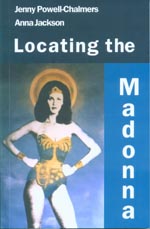The first was at the lovely and welcoming Palmerston North City Library in July. Poet Vivienne Plumb launched the collection with a fabulous speech that you can read below. You can also watch a video of Johanna reading at the launch.
Vivienne Plumb's launch speech
Then came the publication of Jo’s next collection A Long Girl Ago with Victoria University Press in 2007. It was a finalist for a 2008 Montana Book Award and established Jo’s exciting, experimental way of writing. At the core of the book are a number of poems based around Jo’s time living in Japan in a remote fishing village in Hokkaido, where she was teaching English. A Long Girl Ago was described by reviewers as ‘exuberant and original’, and Joan Fleming wrote in her review that the poems possessed ‘killer line breaks’.
Jo’s poem 'Jun', which is part of her new collection, won the 2010 NZ Poetry Society Competition (when I was the judge). So, with all these past links and affiliations between us, it’s great to be standing here launching her new collection, Miss Dust, published by the excellent Wellington publisher, Helen Rickerby, through her poetry press, Seraph Press.
Once again, these new pieces are full of the wordplay and the whimsical tone that has become part of Jo’s style. Her reassemblage of words form new meanings within the text and make words and phrases balance against each other in surprising ways, for instance, in the piece entitled 'The air was freaky with champagne' we read:
‘We popped shivers, ate sighs,
rubbed frantically against lamp posts’
And in relation to writing poetry:
‘She sucks back the lips
and slams them into the page,
you have to make them
fit the constraints of the page’ ('Miss Dust and the affair')
The persona of ‘Miss Dust’ creates a particular world the reader is drawn into, as they follow Miss Dust’s activities:
When she was a woman,
a man knocked on her door and said,
‘Why are you wearing my dress?’
‘Why are you wearing my trousers?’ she replied.
‘Why don’t we swap?’ he said.
‘Now you’re talking!’ said Miss Dust.
The trousers rode high and were rather loose,
so she secured them
with a skipping rope, chucked on
a CD and said ‘You lead.’ ('Miss Dust makes it to the second date')
Sometimes these poetry pieces act tough and at other times there is an innate sense of sadness and longing in the writing, lurking closely behind the skydiving humour. In the poem, 'Miss Dust takes a teaching job', she warns the schoolchildren she is teaching that they should:
‘Consider the desk the beginning of your life
and your feet as chains’
Miss Dust’s autofictional refigurations could be construed as performing the same purpose as that of a traditional fairy story, in that they offer valuable advice and instruction about life in general, what to be wary of, and what to expect. And at the same time, Miss Dust is telling us that risks need to be taken by women, that women must dare to do what has been discouraged in the past. Boundaries and borders require risk-taking in order to create change.
Miss Dust also examines the spaces pertaining to a daily life, and the conscious meanings that are assigned to those everyday visible and invisible movements of a life. Miss Dust’s to-ing and fro-ing creates an individual geography, not only physically but more importantly, a personal geography of a life emerges from these poems.
Jo Aitchison has constructed a female narrative in this work that continues on from her previous collections, and the observations of Miss Dust result in a selfhood, a kind of poetic consciousness. Each piece appears to be a fragment, and in consolidating these fragments together, Jo Aitchison has created a manuscript that celebrates poetry and word and at the same time magically metamorphoses into the wonderful pogo-stick-jumping yarn that is Miss Dust’s fabular life.
